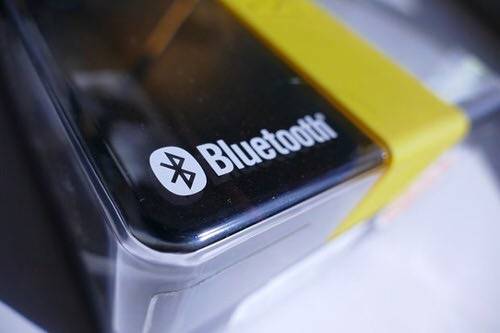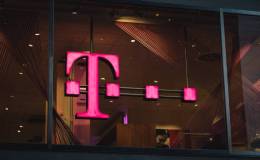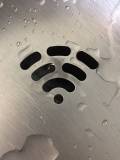Internet of Things (IoT) developers looking to utilize Bluetooth technologies might be pleased to hear a series of live events are happening across the globe this year.
Bluetooth Special Interest Group (SIG) has organized several events in prominent tech hubs across the continents. The events will be focused on providing newcomers with understanding on how to “Join, Build, Qualify, Declare, and Brand” a Bluetooth product. Industry experts will be on hand to provide everything from programming to marketing advice.
See Also: Can biofeedback get humans and self-driving cars get along?
At the end of the event, attendees will also receive a link to the project used in the presentation, sample code, and developer kits from Nordic Semiconductor and Dialog Semiconductor.
Bluetooth plans events for around the world
“The unique features of Bluetooth – its ubiquity, interoperability, and open structure – make it possible for developers to create secure, scalable connections,” said Steve Hegenderfer, director of developer programs, Bluetooth SIG. “Blue University LIVE builds on the widespread use of Bluetooth Developer Studio, and teaches developers how to significantly cut build time and bring products to market faster than ever. Together with our members, we will deliver a future that is effortlessly connected.”
Cities with events include Shenzhen, China (May 5); San Jose, California (May 24); Berlin, Germany (June 9); Austin, Texas (September 22); Seoul, South Korea (September 27); Tokyo, Japan (September 29); and Copenhagen, Denmark (October 4).
Bluetooth SIG also recently introduced a new energy-efficient specification for IoT devices last month. The new specification – dubbed Transport Discovery Service (TDS) – will allow more energy-efficient communication between IoT devices. The new specification is applicable to Bluetooth devices with Bluetooth Core Specification version 4.0 or later.
Bluetooth devices are predicted to reach five billion sales in 2021, a lot of them in the IoT field. It would be wise for any engineer looking to get involved in the IoT market check out the Bluetooth events, considering the highly likely possibility they’ll work with the wireless standard in the future.


















